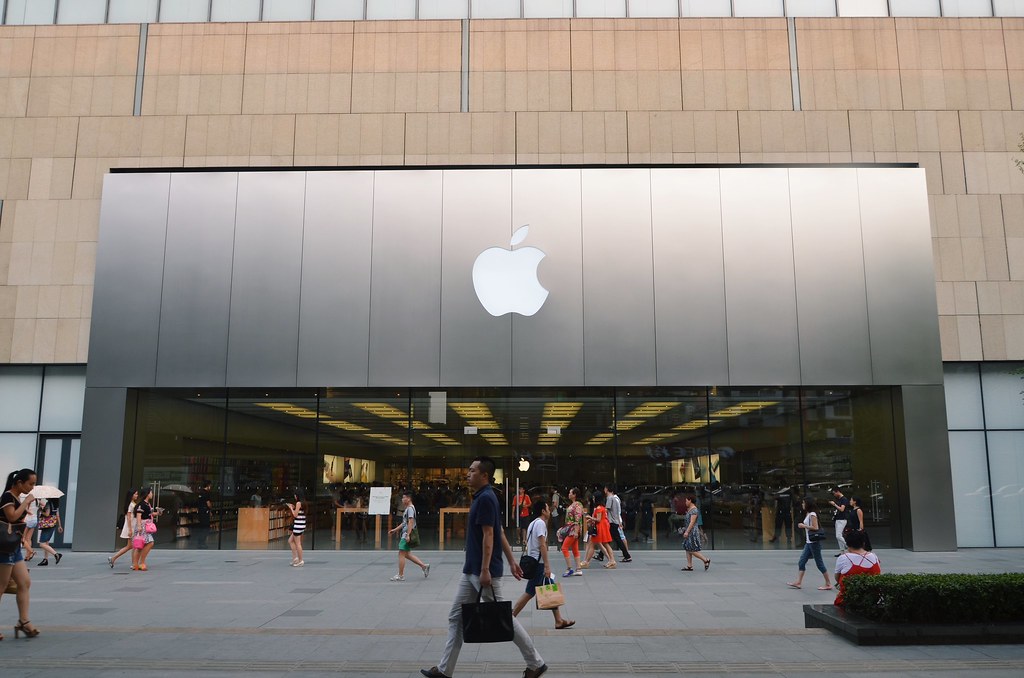
Apple is publicly pushing back against a wave of new regulations from the European Union, arguing that “bureaucrats in Brussels” are unfairly challenging its closed ecosystem and denying users the “magical, innovative experience” that makes the firm unique. Greg Joswiak, a senior Apple executive, warned that the new regulations pose a “serious threat” to the company’s tightly integrated platform. This public pushback comes after years of clashes with the EU, which culminated in a €500 million ($586 million) fine in April for alleged anti-competitive behavior on its App Store.
The core of the dispute is the Digital Markets Act (DMA), which began to apply in 2024 and requires Apple to open up its ecosystem. This includes ensuring that third-party devices, such as headphones, work seamlessly with iPhones. The DMA also mandates that Apple allow notifications to show up on non-Apple smartwatches and permit other platforms to send and receive content to and from an Apple device via AirDrop. Sébastien Pant, a representative for BEUC, a consumer advocacy group, said the goal of the DMA is to “tackle the kind of walled garden problem that we’ve had for years” and give consumers more choice in the digital market.
Withholding New Features from Europe
As Apple releases its new AirPods Pro 3, which feature “Live Translation,” it is withholding the feature from Europe for now. The company says the technology requires the microphones on both the AirPods and the iPhone to work together, and that opening up access to other devices would require extra engineering work to meet user expectations on privacy, security, and integrity. “They want to take the magic away,” Joswiak said at a press briefing, “and make us like the other guys.” This is not the first time Apple has delayed a new feature in the EU; it also previously delayed the rollout of its AI-focused “Apple Intelligence” features due to regulatory concerns.
On Friday, the European Commission, the EU’s executive body, rejected Apple’s bid to have the body scrap most of its order requiring Apple to make its iPhone work with other devices. This decision solidifies the EU’s stance on the matter and sets the stage for a prolonged battle.
A Wider Battle Over Tech Regulation
Apple, which had previously refrained from airing its disagreements with regulators in public, has become more vocal in its pushback. The company argues that EU-style rules are bad for users and developers, claiming that regulators are “creating a worse experience for their citizens—our users.” Last month, Apple also issued a statement warning the UK’s competition watchdog against following the EU’s lead, as the Competition and Markets Authority (CMA) moves ahead with its own plans to open up digital markets. Other companies have also withheld features from the EU because of the DMA, including Meta, which delayed the rollout of its Threads app for several months to comply with regulations concerning the gathering of user data.
Author’s Opinion
Apple’s decision to withhold new features from the European market, while framed as a technical necessity, is a high-stakes game of regulatory “chicken.” By delaying the rollout, Apple is attempting to pressure regulators into a more lenient stance, and it places European consumers in a difficult position, caught between a company that values a tightly controlled ecosystem and a government that values a more open, competitive market. It signals that the clash between Silicon Valley and Brussels is not just about fines and legislation; it’s about a fundamental power struggle over the future of the digital world. The outcome of this battle could have far-reaching implications, influencing tech regulation in other countries and determining whether a unified global market or a fragmented one will prevail.
Featured image credit: Mike Lau via Flickr
For more stories like it, click the +Follow button at the top of this page to follow us.
